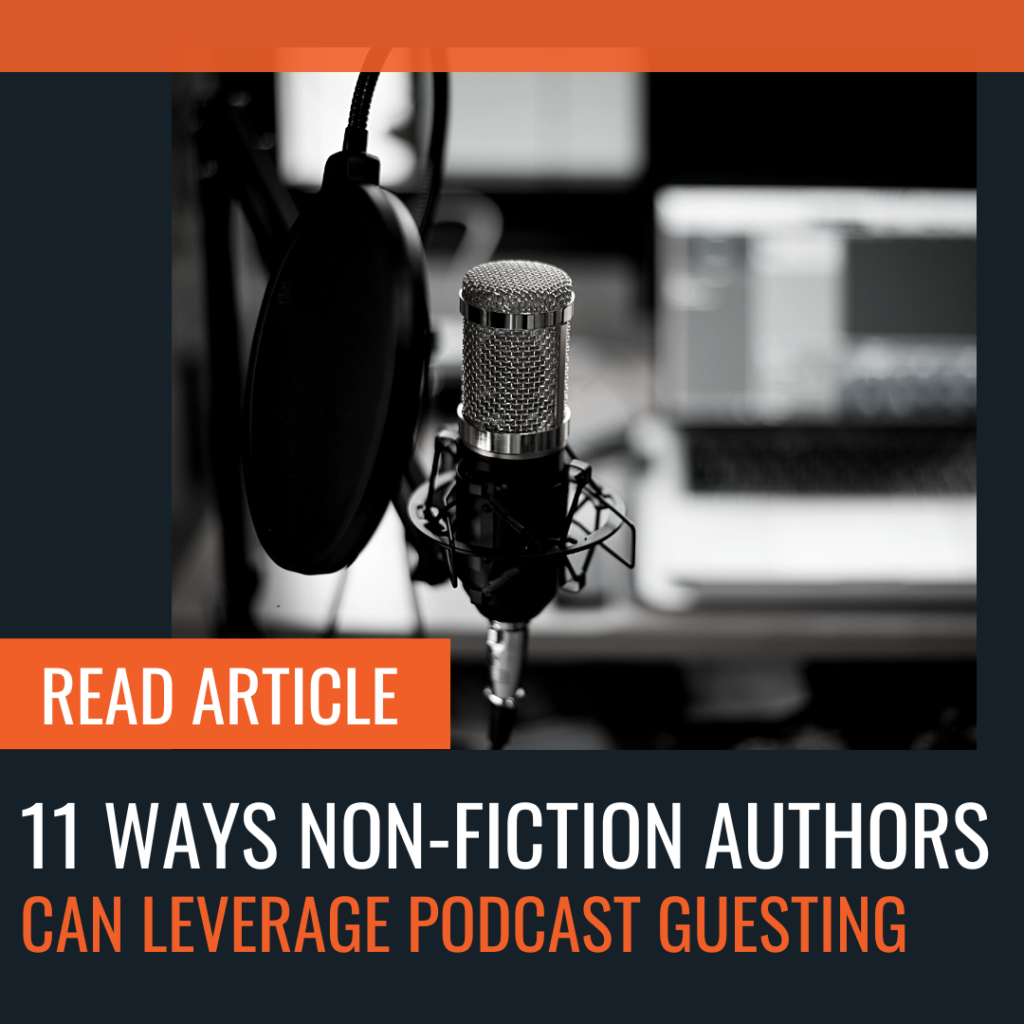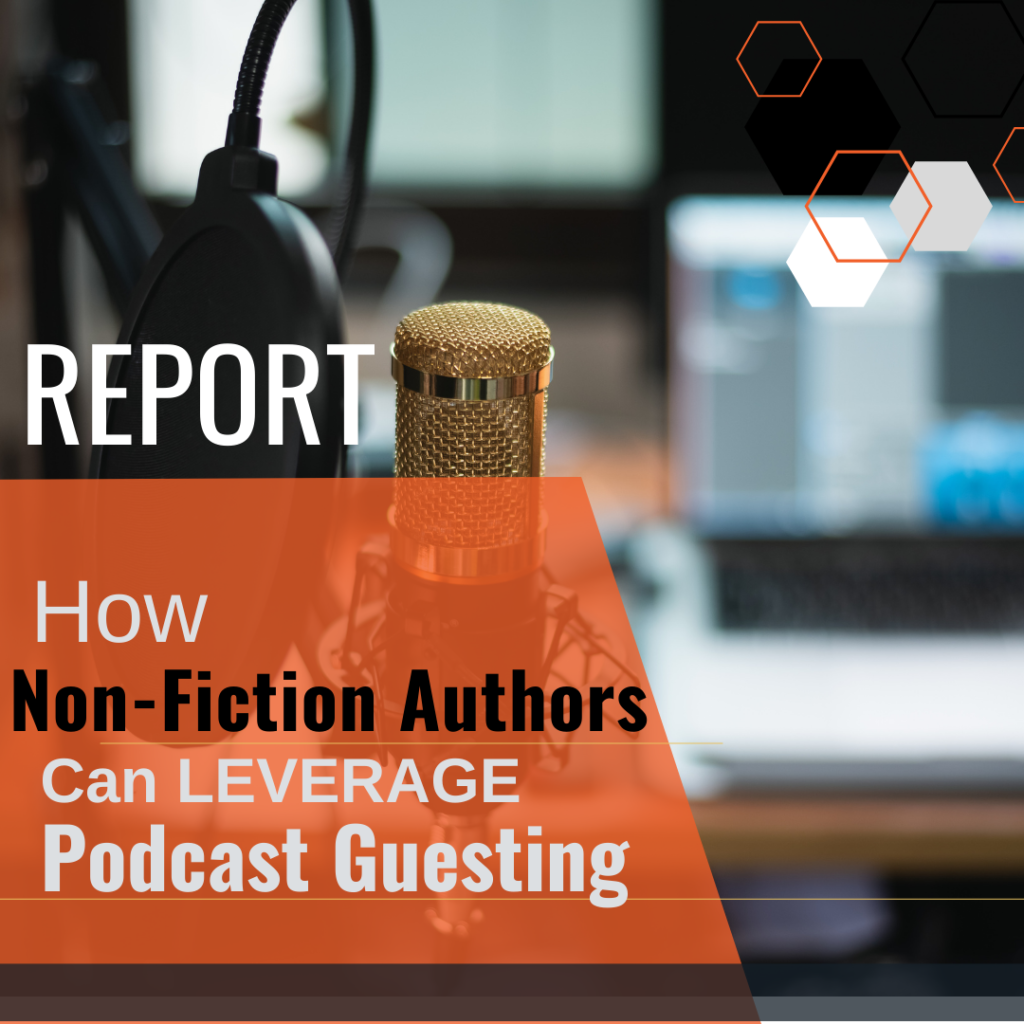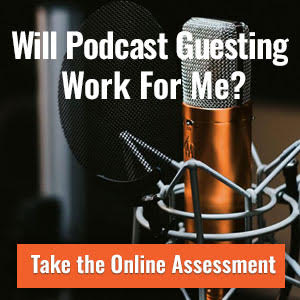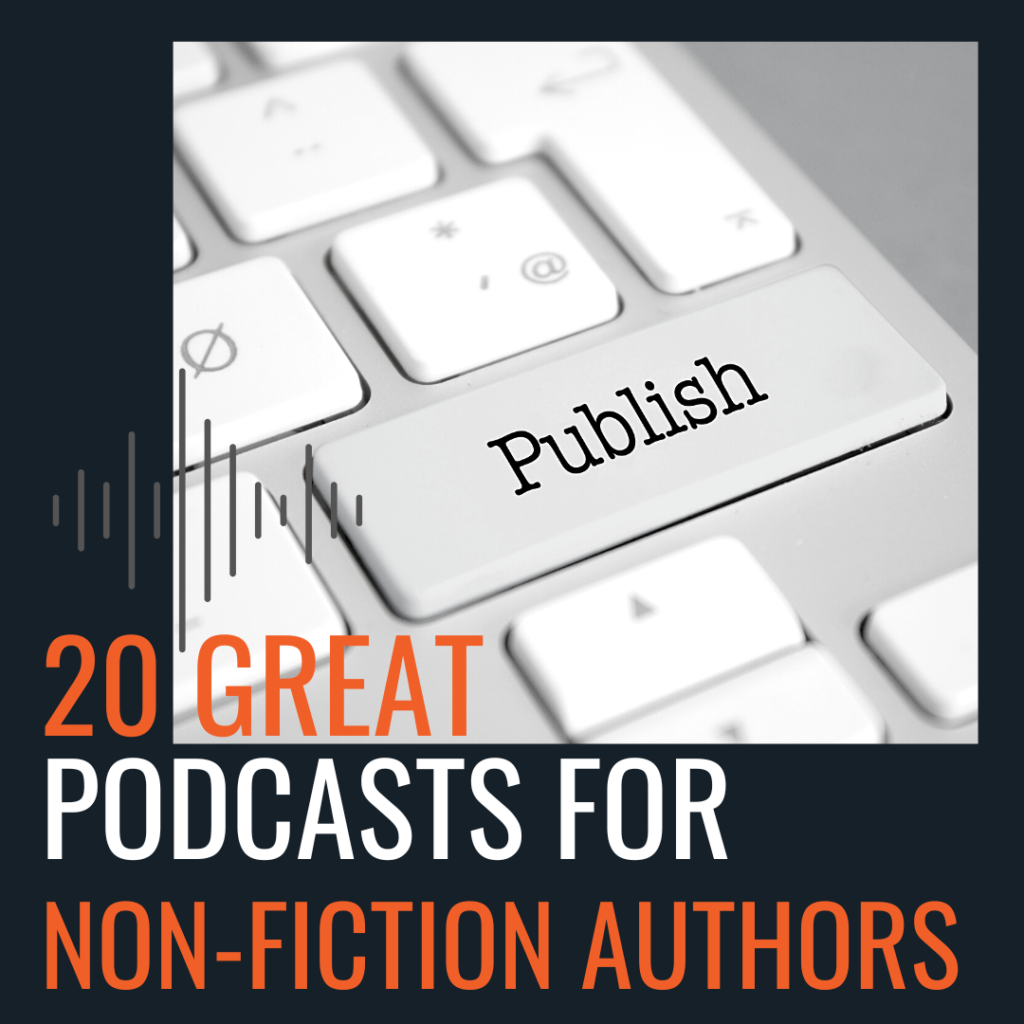
How to launch a bestselling book—without paying a big PR firm
There’s one ugly truth authors don’t like to hear: if you write a thought-provoking and captivating book that your mom loves, that doesn’t mean that other people will read and rave about it.
The biggest problem today for even the best authors is obscurity. There are millions of books and authors in this big world of ours, which is a blessing and a curse. So how do you cut through the noise and get your book into people’s hands?
That’s the thing, oftentimes when people try to “cut through the noise” in reality they are adding to it. They aren’t actually distinguishing themselves; they are just making the noise louder. Writing a book is a big deal, and you want to make sure people read it after you write it because that is how you will help the most people.
The best way to get your book into the world after you write it, is to do what has always worked, but in a new way: a virtual book tour.
Book tours are a tried-and-true way to sell a book. Authors go to bookstores locally and nationally reading excerpts from their books and signing copies. This approach is great, but it takes a lot of time and money. For busy people, spending weeks on the road touring just isn’t feasible anymore. And let’s face it, traveling isn’t what is used to be. But we’re here to tell you there’s a way to do all of this without leaving your home or office.
Virtual book tours where you go on a variety of different podcasts allows you to connect with people all over the world without even leaving your house. Podcast interviews are proven to have a 25-50% conversion rate. That’s because the listeners have self-selected to hear for material on that specific topic. They have already opt-in and are curious to learn more on the show’s primary focus. Which means the answer to connecting with more people while doing less is podcasts.
Everything said and done, there is still a system to generating a successful virtual book tour with podcast interview marketing, and there are three big mistakes authors make when they’re just starting to promote their book on podcasts.
Most podcast listens occur during the first 30 days, you can optimize that by making weekly posts on your social media platforms. It helps to create and keep the buzz going. After that first month, you can recycle your posts sporadically over the next year, hence the evergreen part.

1| Wasting time and not getting on the right podcasts
This is huge. Anyone can go out there and get on a podcast in the next hour. BUT getting on a podcast is not equal to getting on the right podcast for your book and your market. Don’t waste your time trying to appear on the biggest and best podcasts, or every single podcast known to earth. Neither of those strategies are going to work for two reasons.
We can’t say this enough, bigger is not better, better is better. You could get booked on the biggest and greatest podcast tomorrow but it they aren’t your target audience it will be a bust. Yeah it may have a lot of listeners who like to read, but do they enjoy reading books like yours? Getting in front of an audience is only as valuable as the number of people from that audience who want to click on the link and buy your book. Think about it this way – An audience of 100,000 may only have two people who are willing to buy your book, while an audience of 1,000 may be home to 900 people who want to buy your book.
The other issue is thinking more is better. Remember, only better is better. While download numbers are important, the most important thing is ensuring the podcast and its audience is a good fit for you and your book. The best way to know it by listening to a few episodes, research the host, look at their social media accounts, and go to their website to verify if your book would be a good fit for their audience. Vetting a podcast before you appear on it is the best way to ensure your time is well spent.
2. Not having a system
It’s one thing to throw spaghetti on the wall and hope it sticks. It’s another thing to know what has worked for other people and calculate which spaghetti you’re going to throw at which wall. A system is one thing that makes getting on podcasts much more fruitful for the host as well as the author. It is a definite way that you can ensure your time spent will be worth it.
Before considering a guesting on any particular podcast you must first consider: their audience, how you will present your book, how you will foster trust with listeners, how you will promote the episode once it’s live, and which systems have worked for authors similar to you in the past. If you haven’t aren’t doing that, then you haven’t thought this strategy through its entirety. You can’t just hope your hard work and efforts will pay off, you have to be sure that it does.
Remember our success is proportional to our systems. And using proven systems by other authors before will accelerate your success.
3. Not honoring the podcast and the audience
You’ve spent hours preparing to go on your first interview. You have the perfect things to say and the best summary of your book. You’re sure that you can’t go wrong. Here’s the thing, you can prepare yourself for a podcast but if you aren’t paying attention to the podcast and its audience then your preparation could all be for nothing. It’s important to think about what this audience wants to hear about. For example, it’s nothing short of embarrassing when a host has question that ask each guest and you’re caught off guard because you’ve never listened to a single episode. Most successful shows follow a flow and has a common question that makes it fun for the audience to hear with each episode. It’s very clear to the audience and host that you’ve never listened to the podcast if you’re not prepared for their signature question.
Also, the best way to sell your book isn’t to come on a podcast and give a sales pitch. Christopher Lochhead has said the worst thing you can do on a podcast is to come off as overly salesy. People tune out when your message starts to sound like an infomercial. The best way to sell your book is to garner respect and trust from the audience, and which doesn’t come from monologuing your sales pitch every time its your turn to talk. Instead, it comes from real relationships and genuine conversations that engage and intrigue the listeners. The best podcast interview will almost make you feel like you are eavesdropping on two close friends conversing about a topic they are both experts on. At the end of the day, you can’t outsource your interview. You must know how to engage your listeners through your experience and specific anecdotes.
The key here is to remember that once you land the interview – be real, be prepared, and leverage the systems you know already work.
When you’re thinking about “How can I make this a hit for the host?” and “How can I engage the audience,” you are moving in the right direction of producing a killer podcast interview. Remember, selling your book isn’t about you. It’s about providing value to the listeners. You wrote your book to be of benefit to someone. And in the same way, the podcast isn’t about you. It’s to be of benefit to someone. So, at every phase, be sure you are providing value to your audience, not for yourself.
Looking For More?
Here are some other great resources.




